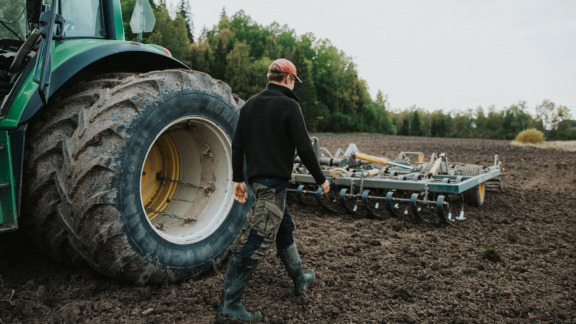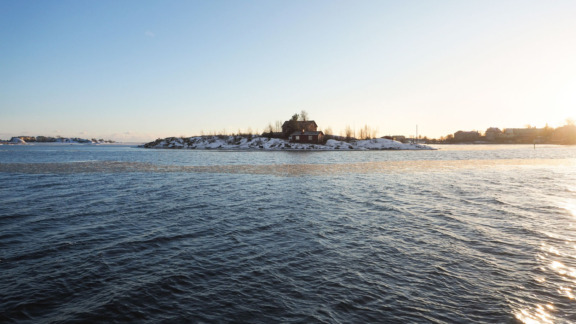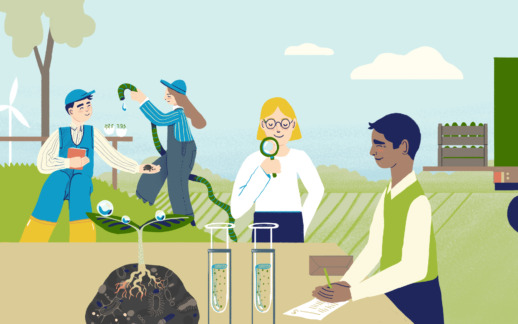S-group joins Carbon Action by funding research
S-group will partner up with Baltic Sea Action Group in funding BSAG’s Carbon Action -pilot project. The project researches ways to sequester carbon from the atmosphere and store it into soil. The goal is to mitigate climate change.
Over 100 Finnish farms are involved in the Carbon Action -project, testing practical carbon farming measures in their fields. S-group’s funding will enable soil sampling from deeper layers of the soil in the test parcel. This will give the researchers information on the layers of soil that are the most relevant as a carbon storage.
S-group’s decision to join Carbon Action is a part of the group’s larger climate campaign, according to SOK’s Responsibility Manager Lea Rankinen.
– We have already promised to cut our own climate emissions by 60 % between years 2015 and 2030. Additionally, we have challenged our suppliers to cut their combined emissions by one million tons in the same time period.
In January S-group announced that they will begin futures coaching for agricultural producers together with agricultural advisory organization ProAgria. The coaching will provide farmers with information on consumer behavior, but also encourage them to become climate entrepreneurs. Farms could receive additional income by sequestering carbon.
– We must be able to reliably verify how different farming and tilling practices affect the soil carbon storage. Additionally, a marketplace for carbon is needed, making it possible to trade with carbon sequestration and storage, says Rankinen.
Carbon Action is a joint project between farmers, research facilities, universities and businesses. The core of the project is to verify the effects of carbon farming by interdiscplinary top research.
– Farmers are central participants in this project. Research and development must be done in collaboration with the farmers for it to benefit the actual agricultural work, highlights BSAG’s Content director Laura Höijer.
– Storing carbon into arable land mitigates climate change. Healthy soil produces better crop yields, reduces nutrient loads to the Baltic Sea and other water systems, and promotes biodiversity. Farmers also benefit as the fields’ resilience to extreme weather conditions increases.
During the project, basic measurements and soil samples are taken in the test fields. Different farming methods’ effects on soil carbon storage are examined by analyzing the samples. The project will also reveal areas that require further research.
– There is little information on carbon storage and its changes in the deeper layers of soil. However, deeper soil layers may be very significant for the total carbon storage. We can produce valuable new information on this subject, thanks to S-group’s funding, says Höijer.
Through the collaboration with S-group, Carbon Action will be able to utilise ProAgria’s data and interviews on long term cultivation history.
BSAG hopes is that the knowledge produced in Carbon Action would be utilized as widely as possible. The future objective is to produce so called carbon negative products, and thus promote carbon sequestration by commercial means. S-group will chart ways to further this goal in collaboration with BSAG.



